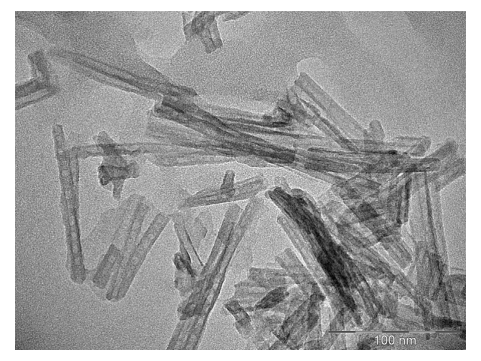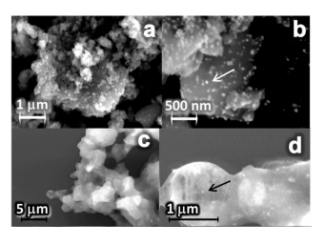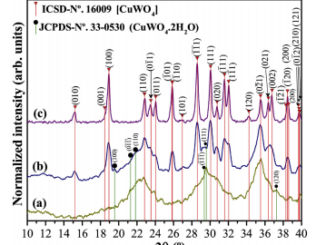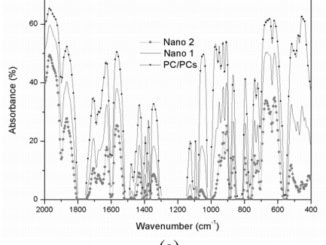
Effects of Y-TZP blank manufacturing control and addition of TiO2 nanotubes on structural reliability of dental materials
Abstract: Titanium dioxide (TiO2) nanotubes have been applied to enhance the mechanical and biological properties of dental materials. Yttria-stabilized tetragonal zirconia polycrystals (Y-TZP) have been increasingly used in dentistry as a substructure for crowns and fixed partial prostheses. Aside from its optimal clinical results, Y-TZP is prone to failures due to microstructure-related defects introduced in the manufacturing process that may lower its structural and clinical reliability. The purpose of this study was to evaluate the role of the manufacturing process of blanks as well as their original composition modification by addition of TiO2 nanotubes (0%, 1%, 2% and 5% in volume) while controlling all manufacturing steps. Materials were subjected to a biaxial flexural strength test, a fractographic qualitative analysis by scanning electron microscopy (SEM), a microstructure evaluation in field emission-SEM and X-ray diffraction. Values of flexural strength were subjected to ANOVA, Tukey (cc = 0.05) and Weibull statistics. Grain size values were subjected to Kruskal-Wallis and Dunn tests (cc = 0.05). Highlights of the results include that for experimental Y-TZP added 2% vol TiO2 nanotube ceramics presented flexural strength values at 577 MPa and Weibull modulus (m) at 8.1. The addition of TiO2 nanotubes in different blends influenced experimental Y-TZP properties, leading to lower flexural strength, although they presented higher m than the commercial Y-TZP. Nanotubes also led to bigger grain sizes, more pores and a slight increase in the monoclinic phase, influencing the microstructure of Y-TZP. Y-TZP blank manufacturing control as well as addition of TiO2 nanotubes led to higher m values and, hence, greater structural reliability.
Author(s): Magalhaes, APR; Fortulan, CA; Lisboa-Filho, PN; Ramos-Tonello, CM; Gomes, OP; Cesar, PF; Fukushima, KA; Mondelli, RFL; Borges, AFS
CERAMICS INTERNATIONAL
Volume: 44 Pages: 2959-2967 Published: FEB 15 2018
DOI: 10.1016/j.ceramint.2017.11.048




